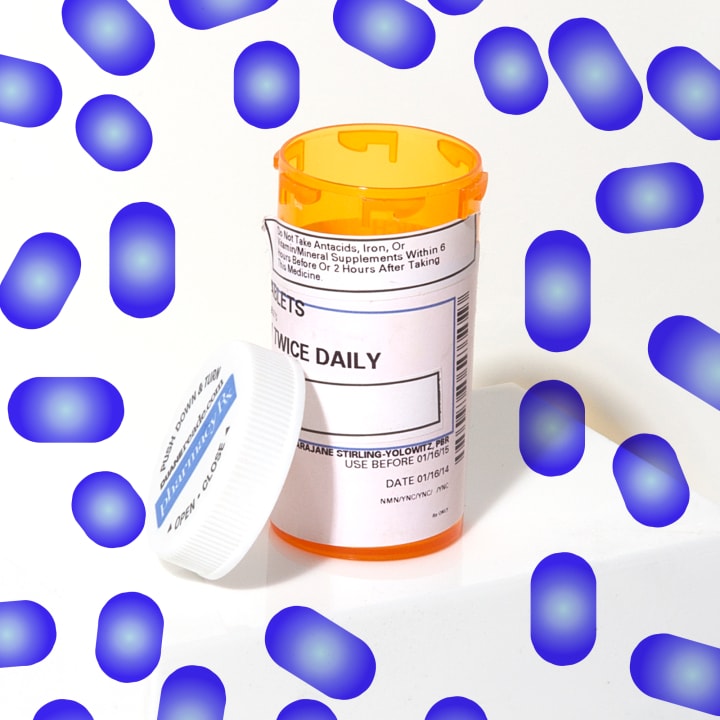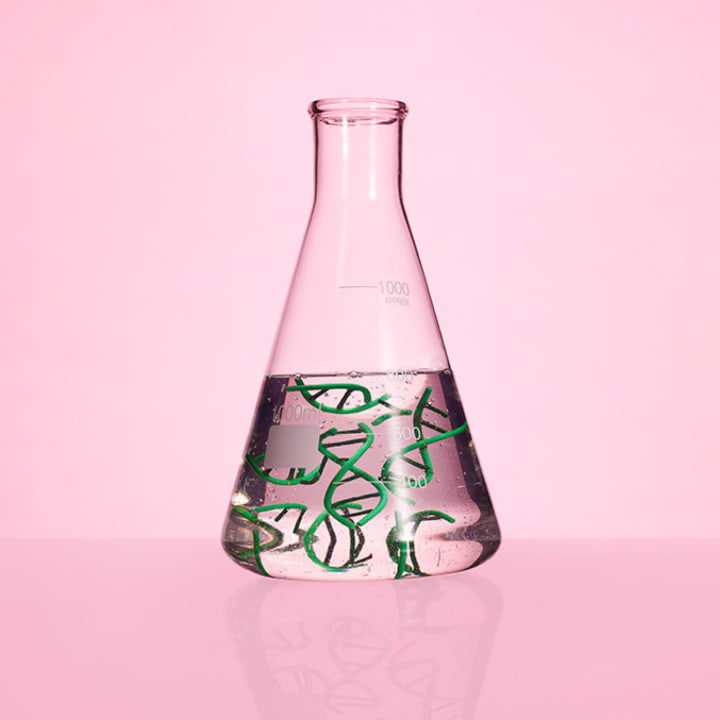Surprising Factors That Influence Violent Crime
Scientists reveal several surprising factors that influence violent crime rates.

Violent crime is a major problem throughout the world, with many cities in America beginning to see upticks that shock both police and local citizens. Throughout the years, scientists and sociologists alike have worked to find out how they can prevent violent crimes from being committed.
Certain factors, such as economic disenfranchisement, are obviously linked to violent crimes. After all, most people wouldn't murder someone if they felt comfortable and satisfied in their lives.
However, other factors that influence violent crime are pretty surprising. We're willing to bet that you would never have guessed these factors could play a part in violent crime...
(Note: For the sake of this article, we're skipping obvious factors that influence violent crime, such as having a dysfunctional family, sexual abuse, or growing up in dire poverty. This is about surprising factors, not the obvious ones.)
Social Isolation

Many people may have already noticed that the people who seem to commit the most heinous crimes tend to be the ones who are often loners. Though most people who choose to be alone are nonviolent, the truth is that there is some honesty in the "violent loner" stereotype — at least, according to science.
Studies have shown that children who feel socially isolated in school are far more likely to act violently towards their peers.
In recent years, many people who feel isolated have begun to band together online, creating echo chambers. In certain cases, such as that of Elliot Rodger, the echo chamber that they found ended up pushing them to the point that he decided to kill as a way to enact "revenge" on those who left him alone.
Though there are many online forums that have been called echo chambers for those who feel socially excluded, not all of them likely contribute towards violent crime.
Even so, it'd be a lie to say that social isolation and certain "high toxicity echo chambers" aren't factors that influence violent crime rates.
Exposure to Lead

Lead has already been established as one of the worst things you can be exposed to as a child. It's been linked to mental problems, cognitive disabilities, as well as serious health problems.
Unsurprisingly, scientists who ran studies on people in areas where lead was found in high amounts discovered that even inhaling lead from car exhaust could cause people to lose inhibitions, become more unstable, and also more violent.
Later on, studies showed that toddlers exposed to lead are much more likely to commit violent crimes as adults, making it one of the earliest risk factors that influence violent crimes.
The studies also showed a significant link between lead exposure in the air and high crime rates in neighborhoods. Partially due to the result of the studies, and partially due to environmental concern, lead began being removed from gasoline.
Brain Damage

This is one of the scariest medical factors that influence violent crime, since it's not always preventable. With lead or similar substances, you could enact legislation to lower exposure rates. But, a brain injury? It could happen at any time.
It only takes one bad accident to cause serious brain trauma, and even the most careful of people can end up getting knocked upside the head hard enough to have it happen to them.
The idea of brain injury impacting a person's personality isn't a new one. In fact, it's the very basis of the argument for doctors who suggest lobotomies are a justifiable treatment.
Even so, many medical professionals were hesitant to state that brain injuries could make a person more violent. It was a controversial subject for years.
An eight-year study performed by the University of Michigan confirmed that people who have traumatic brain injury, or TBI, are much more likely to commit acts of violence than people who don't.
SSRI Use (If You're Young)

There's always been talk about how overmedicating children is bad for them, but now there's actually proof of it. In a recent study, scientists found that SSRI use in young teenagers and children are major, significant factors that influence violent crime.
Using SSRIs when you're young leads to a 43 percent increase in the chances that you end up committing a violent crime when you're 15 to 24 years old.
That being said, this study is shaky. It's not certain whether the violent crime is a result of other stressors such as mental illness, or a result of the medication itself.
Malnutrition

Perhaps one of the most surprising factors that influence crime deals with what you eat. More specifically, if you're getting all the vitamins and nutrients you need.
A study performed in UK prisons revealed that high recidivism inmates who were given multivitamins and pills with omega-3 fatty acids were 37 percent less likely to reoffend.
A number of vitamins were cited in the study, including omega-3 fatty acids, linoleic acid, and DHA.
Doctors are now wondering whether or not the secret to low crime rates might rest on our plates. Could it be that McDonald's binges could be linked to violent crime? It's hard to tell, but we wouldn't be surprised.
Misogyny and Racism

People who hold racist beliefs or misogynistic (anti-women) beliefs are more likely to commit violent crime than those who don't. However, this shouldn't surprise anyone.
These beliefs are heavily linked with low self-esteem, anxiety, mental health issues, as well as aggression. All of those psychological factors are linked to a higher propensity towards violent crime — especially domestic violence.
Abortion Restrictions

Studies have shown that giving women easy and available access to abortion will have a dramatic effect on crime rates. The science clearly shows that crime rates drop when women have access to abortion.
Controversial as it may be to say, the numbers are pretty clear about how a lack of abortions influences criminal acts. TRAP laws and abortion bans are two factors that influence violent crime in a negative way.
Genetics

A study performed on 900 inmates in Finland revealed one of the most surprising factors that influence violent crime rates: our own genes. The inmates were found to be 13 times more likely to be carriers of two genes: the MAOA gene, and the cadherin-13 (CDH13) gene.
MAOA is often called the "Warrior Gene" by geneticists because of how frequently it has been linked to aggressive behavior, especially in men. CDH13 has been linked to substance abuse and ADHD, which has led scientists to believe it may involve weakened impulse control.
As many as ten percent of all inmates will carry one or both of these genes, a far higher rate than those who haven't been incarcerated. This shows how genetics is one of the factors that influences violent crime. So, maybe there really are natural born killers out there...
Being Around Violence

One of the most commonly cited facts about crime rates in prison systems is that nonviolent offenders tend to turn into violent offenders once they're locked up. The US prison system is actually known as a "criminogenic" system because it tends to create violent offenders.
Studies have shown that being around people who are angry and violent tends to make people more violent. In other words, violence is contagious—and it's been proven both online and offline.
In other words, if you're around trolls online, you're more likely to snap back with anger yourself. On a similar note, if you're around people who commit acts of violence, you will be more likely to commit a crime, too.
For many of us, this isn't one of the more surprising factors that influence violent crime. However, it still may shock some of us to see that violence really does beget violence.
Some doctors are saying that we should begin treating violence like a disease, and we might need to listen to them. It is a disease on society, after all.
About the Creator
Glenn Bushinski
Poli Sci professor, closet protestor, and news addict. Definitely House Stark.







Comments
There are no comments for this story
Be the first to respond and start the conversation.